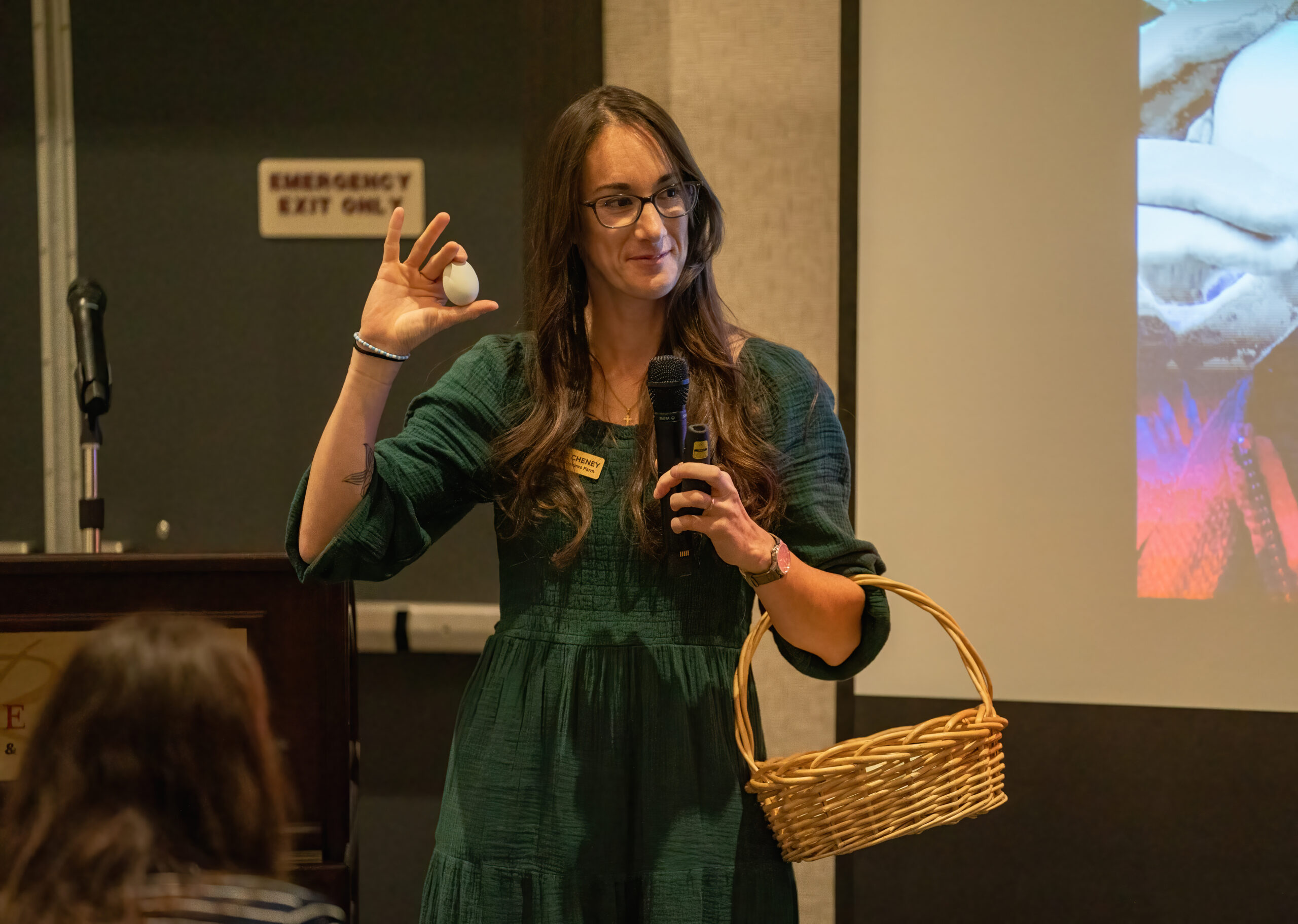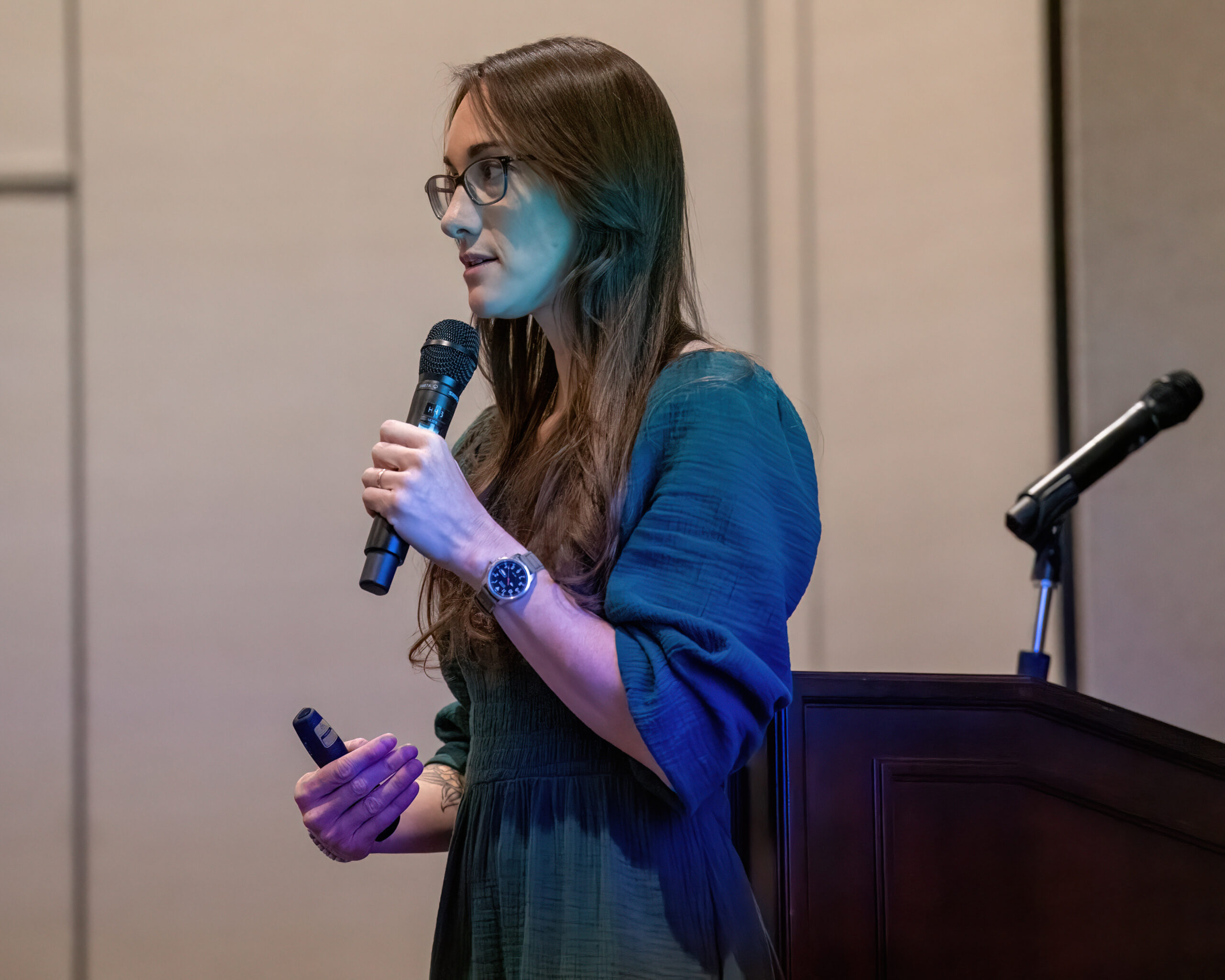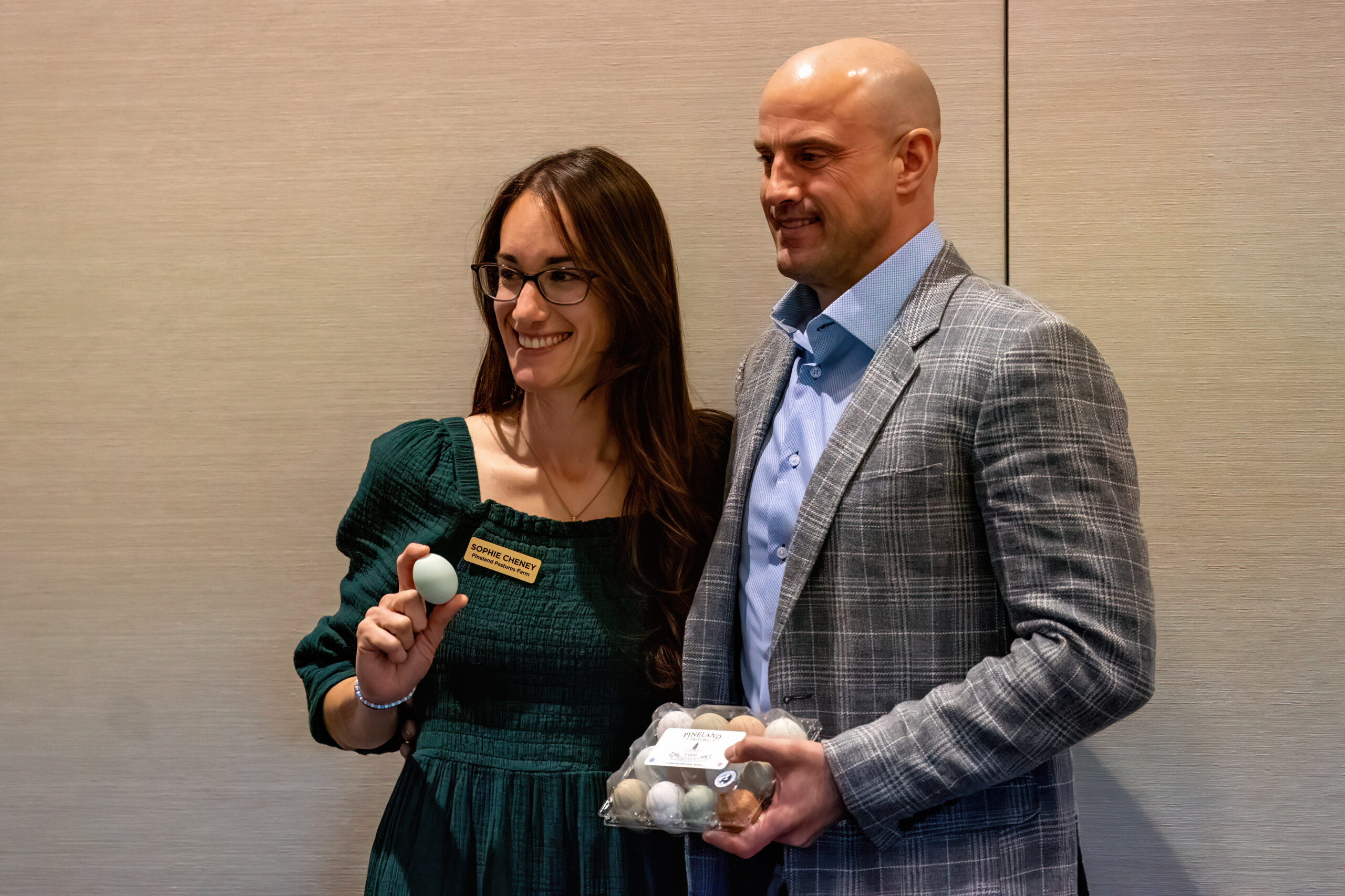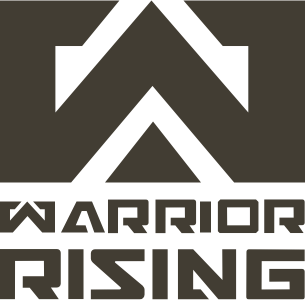
Guest: Sophie Cheney
At the helm of Pineland Pasture Farms is Sophia Cheney, a woman whose passion for farming, dedication to sustainability, and commitment to ethical principles have not only shaped the success of her farm but have also inspired others in the agriculture and entrepreneurship space.
In a recent interview with Benjamin Bunn, host of the Warrior Rising podcast, Sophie shared her journey from budding entrepreneur to established farmer, highlighting the challenges, rewards, and mission that drive Pineland Pasture Farms forward. Sophie’s story is one of resilience, ingenuity, and a deep connection to the land—values that resonate with anyone who has ever pursued a dream in the face of obstacles.
Sophie’s love for farming began at an early age, but it wasn’t until later in life that she saw the potential to turn this passion into a sustainable business. “Farming is in my blood,” Sophie recalls during the podcast. “Growing up, I was always surrounded by nature, animals, and this unshakeable feeling that the land could provide something bigger. But it wasn’t until I became aware of how disconnected people were from their food sources that I knew I had to take action.”
Pineland Pasture Farms was born from this realization. For Sophie, it wasn’t just about producing food; it was about cultivating a relationship between the land, animals, and consumers. Her farm stands as a testament to the power of ethical farming, where the focus is on sustainability, humane treatment of animals, and environmental responsibility.
“When I started Pineland, I didn’t just want to run a farm. I wanted to change how people think about where their food comes from,” Sophie explains. “It was about building a system that prioritized the health of the animals, the land, and ultimately, the people who consumed our products.”


Building a farm from the ground up is no easy feat, and Sophie’s journey was filled with obstacles—both personal and professional. Starting Pineland Pasture Farms was as much about resilience as it was about vision.
“There’s this romantic notion about farming,” Sophie says with a smile. “But the truth is, farming is tough. It’s not just about planting seeds and watching them grow. It’s about dealing with the unexpected every single day.”
One of the biggest challenges Sophie faced was finding a balance between sustainability and profitability. As a small farm, competing with larger industrial farms that prioritize mass production over ethical practices presented numerous hurdles. “We wanted to make sure that we weren’t compromising our values for the sake of profit,” Sophie notes. “That’s a tough line to walk in the agriculture industry, where many corners are cut to keep costs low.”
She quickly learned that managing a farm also meant learning how to manage a business. From financial planning to marketing, Sophie found herself in uncharted territory. “You don’t get into farming thinking you’re going to be an accountant or a marketer,” Sophie says with a laugh. “But when you’re running a small farm, you wear a lot of hats. I had to figure out how to make the farm profitable while staying true to our mission of sustainability.”
”“We have a responsibility to the animals that provide for us,” Sophie explains. “At Pineland, our animals live in open pastures, they graze naturally, and they’re never subjected to harmful industrial farming practices. That’s what ethical farming means to me—it’s about treating the animals the way we’d want to be treated.”
Sophie CheneyIowa Business Shower Veteran Finalist
At the core of Pineland Pasture Farms is a commitment to ethical farming practices. Sophie is passionate about ensuring that her animals are treated with respect and care, and she takes great pride in creating a farm environment that promotes the well-being of all living things.
Beyond animal welfare, Pineland Pasture Farms also focuses on sustainable land management practices. Sophie employs regenerative farming techniques that enrich the soil, preserve biodiversity, and reduce the farm’s environmental footprint. “Sustainability isn’t just a buzzword,” Sophie says firmly. “It’s a way of life. Farming should give back to the land, not just take from it.”
Through her dedication to these principles, Sophie has built a brand that stands out in a crowded marketplace. Consumers who choose Pineland products know they’re getting food that was raised and harvested with care, from a farm that prioritizes transparency and environmental stewardship.
One of the most rewarding aspects of running Pineland Pasture Farms, Sophie says, has been the connection to her local community. Over the years, she has built strong relationships with both her customers and fellow farmers, creating a network of support that has been vital to the farm’s growth.
“Farming can feel isolating at times,” Sophie reflects. “But what I’ve found is that the farming community is incredibly tight-knit. We share resources, advice, and, more importantly, we share a common goal—to provide food that’s good for people and good for the planet.”
Sophie’s commitment to community extends beyond her local area. Through social media and farm-to-table partnerships, Pineland Pasture Farms has been able to reach a wider audience of consumers who are looking for more sustainable options. “People are becoming more conscious of where their food comes from,” Sophie notes. “They want to know the story behind their meals. And that’s where we come in—we provide that transparency.”
Sophie also emphasizes the importance of planning and financial management. “There are so many moving parts to running a farm,” she says. “You have to think about cash flow, market trends, supply and demand—things I never thought I’d need to know as a farmer.”
Despite the challenges, Sophie remains passionate about what she does. “Every day is different, and that’s what I love about farming,” she says. “There’s always a new challenge, a new lesson, and I wouldn’t have it any other way.”
For those considering a venture into sustainable farming or entrepreneurship, Sophie has plenty of advice to offer. “The first thing I tell people is that it’s going to be hard. Really hard. But if you’re passionate about it, you’ll find a way through,” she says.
Sophie also stresses the importance of patience and resilience. “Things don’t happen overnight. Farming, like any business, takes time to grow. You have to be willing to put in the work, day in and day out.”
And finally, she encourages aspiring farmers to build a strong support network. “You can’t do it alone,” Sophie says. “Surround yourself with people who understand what you’re going through and who can offer support when you need it. Farming is a community effort.”
Sophie Cheney’s story is a powerful example of what can be achieved with determination and vision. If you’re inspired by Sophie’s journey and want to support more entrepreneurs like her, join the Warrior Rising community. Through mentorship, education, and support, Warrior Rising empowers veterans and entrepreneurs to rise above challenges and build successful businesses. Visit our website today to learn how you can get involved and help create more success stories like Sophie’s.



